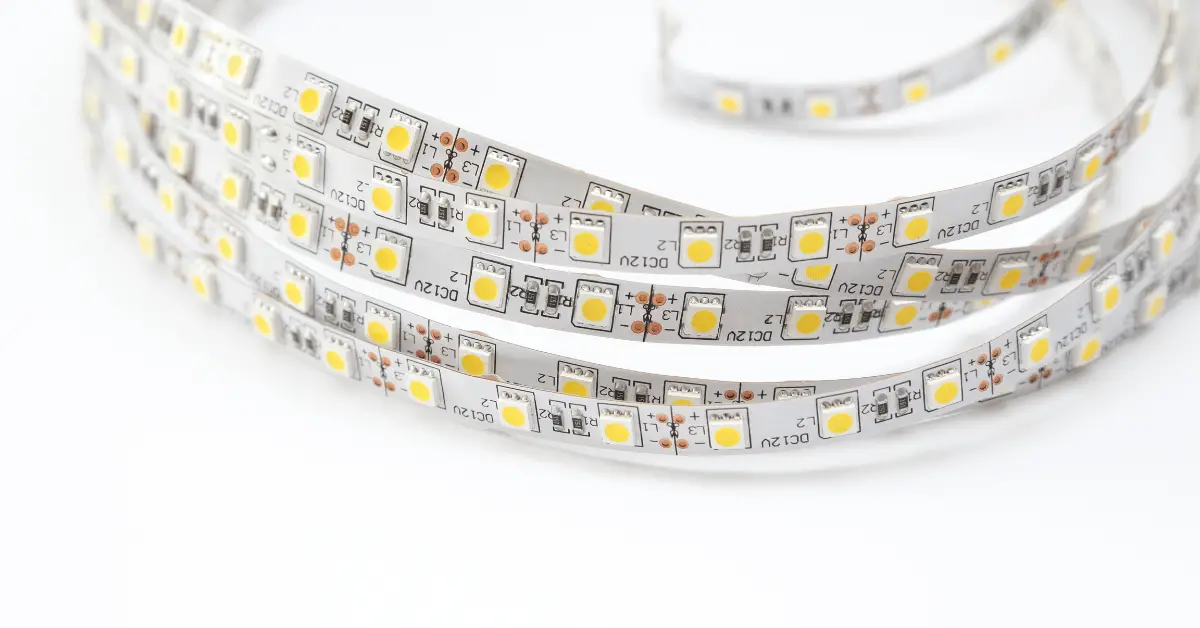Choosing the right projector can be a daunting task, especially when it comes to the brightness of the image. Lumens are the unit of measurement for the brightness of a projector, and it can be challenging to determine whether a certain number of lumens is bright enough for your needs. If you’re considering a projector with 500 lumens, you may be wondering if it’s bright enough for your space and projection needs. In this article, we’ll explore whether 500 lumens is bright enough for a projector and discuss the factors that can affect the image quality. We’ll also provide tips on how to maximize the brightness of your projector and achieve the best results.
Table of Contents
Are 500 Lumens Bright Enough for a Projector?
Choosing a projector with the right brightness can make all the difference in your viewing experience. The brightness of a projector is measured in lumens, with a higher number indicating a brighter image. If you’re considering a projector with 500 lumens, you may be wondering whether it’s bright enough for your needs. In this article, we’ll explore whether 500 lumens is bright enough for a projector and what factors can affect the image quality.
Is 500 Lumens Bright Enough for a Projector?
The answer to this question depends on several factors, including the size of the projection screen, the ambient light in the room, and the distance between the projector and the screen. In general, 500 lumens may be sufficient for a small projection screen in a dark room. However, if you plan to use the projector in a brighter room or with a larger screen, you may need a projector with a higher lumen count.
Factors That Affect Image Quality
Aside from lumens, several factors can affect the image quality of a projector, including:
- Contrast Ratio: The contrast ratio is the difference between the brightest and darkest parts of an image. A higher contrast ratio can improve the image quality and make the colors appear more vivid.
- Resolution: The resolution refers to the number of pixels in an image. A higher resolution can provide a sharper and more detailed image.
- Color Accuracy: The color accuracy refers to how accurately the projector reproduces the colors in an image. A projector with good color accuracy can provide a more realistic and vibrant image.
Tips to Maximize Projector Brightness
If you’re using a projector with 500 lumens, here are some tips to maximize its brightness:
- Use a Smaller Screen: A smaller screen will require less brightness, allowing you to get the most out of your projector’s 500 lumens.
- Reduce Ambient Light: Reducing ambient light in the room can help improve the brightness of the projected image. You can use curtains, blinds, or turn off lights to minimize ambient light.
- Adjust Distance: The distance between the projector and the screen can affect the brightness of the image. Placing the projector closer to the screen can improve the brightness and clarity of the image.
- Use a High Gain Screen: Using a high gain screen can help reflect more light back to the viewer, improving the overall brightness of the image.
Is 500 lumens enough to light a room?
No, 500 lumens is not enough to light a room. Lumens measure the amount of light emitted by a source and are not directly related to the area that the light can cover. The amount of light required to light a room depends on several factors, including the size of the room, the height of the ceiling, the amount of natural light, and the desired lighting level.
In general, a room requires at least 10-20 lumens per square foot to provide adequate lighting. For example, a room that is 100 square feet in size would require at least 1000-2000 lumens of light. A room with high ceilings or large windows may require additional lumens to provide adequate lighting.
500 lumens can provide enough light for small areas such as a reading nook, a hallway, or a small bathroom. However, it may not be sufficient to light larger areas such as a living room or a bedroom. If you plan to use lighting for an entire room, you will need to choose a fixture or bulb with a higher lumen output.
When choosing lighting for a room, it’s essential to consider the color temperature of the light as well as the brightness. Color temperature refers to the perceived warmth or coolness of the light, and it can affect the mood and atmosphere of the room. A warm white light with a color temperature of around 2700K is ideal for creating a cozy and relaxing atmosphere, while a cool white light with a color temperature of around 5000K is ideal for task lighting and workspaces.
Conclusion
In conclusion, whether 500 lumens is bright enough for a projector depends on several factors, including screen size, ambient light, and distance between the projector and the screen. While 500 lumens may be sufficient for a small screen in a dark room, you may need a higher lumen count for larger screens or brighter rooms. Remember that other factors such as contrast ratio, resolution, and color accuracy can also affect the image quality. By following the tips provided above, you can maximize the brightness of your 500-lumen projector and achieve the best possible image quality.

